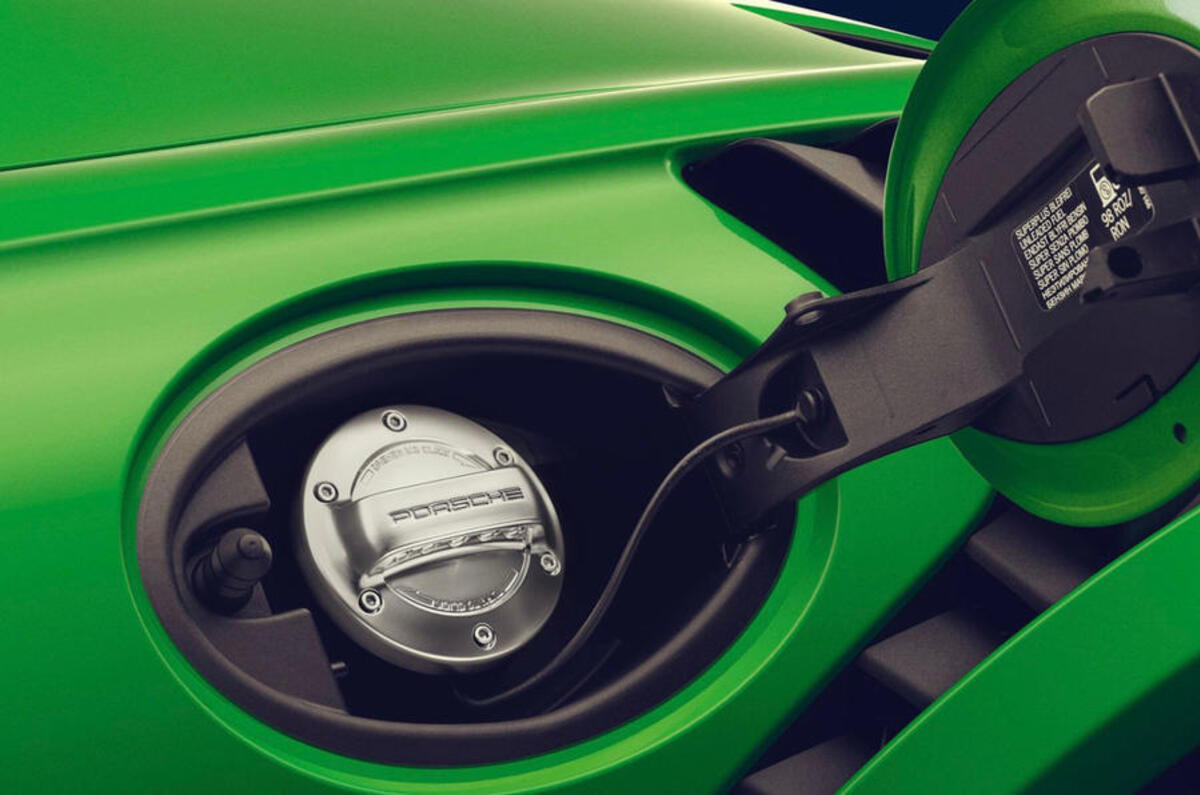Internal combustion engines were given a potential reprieve after 2035 across the European Union after environment ministers agreed to give synthetic e-fuels a chance to prove they can meet the conditions for zero CO2 emissions.
The ministers struck a deal on Tuesday that cemented the European Parliament vote earlier in June to mandate that all vans and cars sold by 2035 be zero-emissions, a decision that its detractors labelled a de facto ban on ICEs.




Add your comment